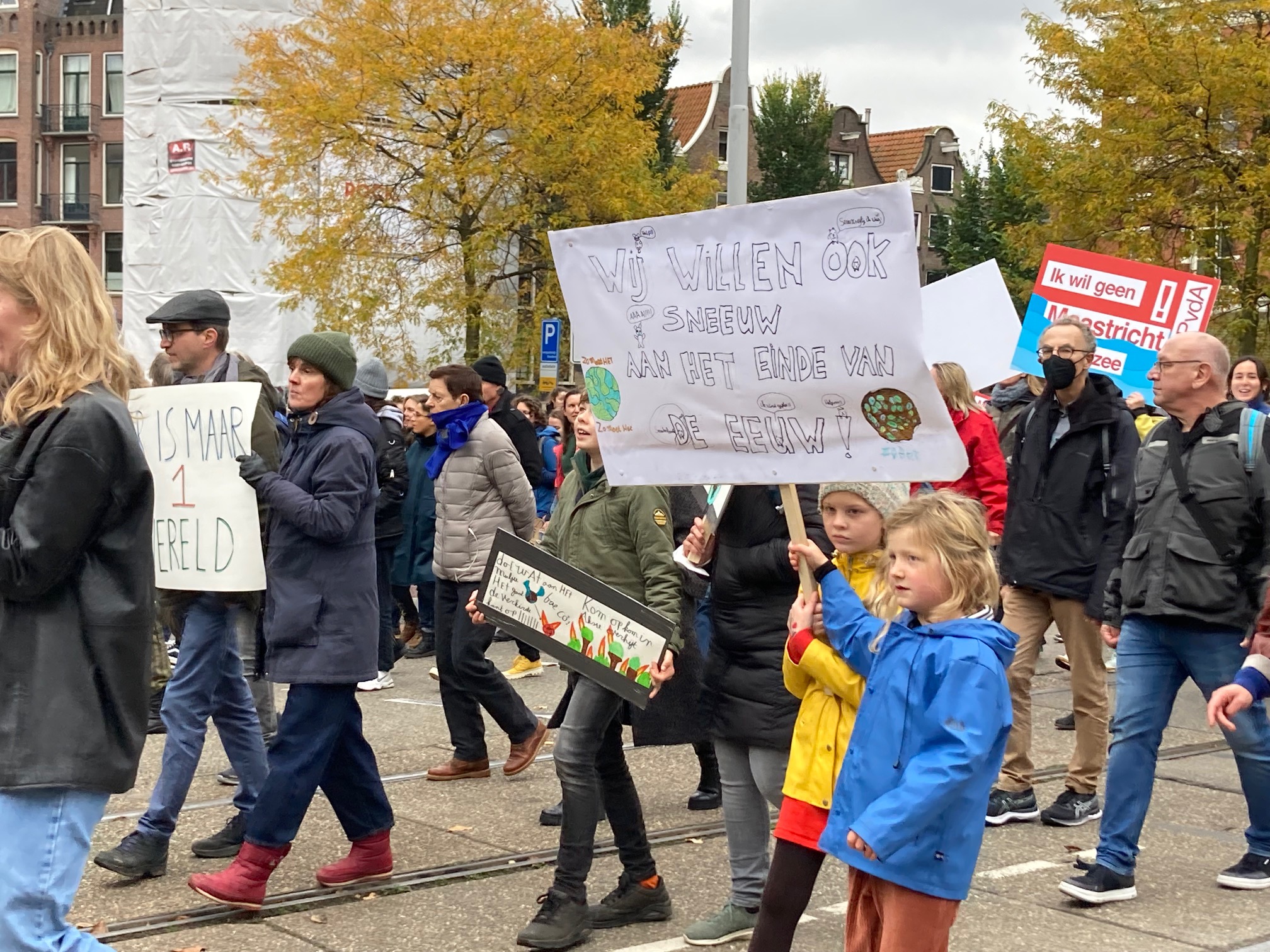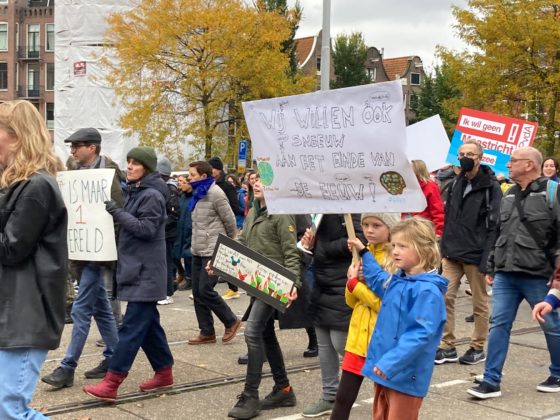Focus on content, not ‘polarisation’, think-tank tells politicians


A large majority of the Dutch are worried about increasing polarisation in society, even though scientific research shows that there is more agreement between people on many different subjects, according to a new report by the socio-cultural think-tank SCP.
In general, 66% of the population believe others can be trusted and a majority see that people are willing to help each other when necessary.
But in the social and political debate – about climate change, coronavirus and racism, for example – the picture is different and people are concerned about dogmatism and the use of language.
In particular, the SCP said, people believe that small groups with a minority opinion ‘demand and receive’ a lot of attention, especially in the media.
While polarisation is felt strongly in the political debate, survey respondents said in their private lives they tended to surround themselves with like-minded individuals and avoid discussions with friends, family and colleagues about difficult issues.
In the long run, however, a polarised society – whether actual or perceived – can affect social cohesion and the functioning of democracy, the SCP warns. ‘That is why it is important to avoid a hostile attitude and harsh tone, and focus on content,’ the agency said.
In addition, both the media and politicians would do well not to immediately call differences of opinion ‘polarisation’, the SCP said. ‘Differences in opinions are always with us and a part of democracy. But emphasising contrasts can magnify differences unnecessarily.’
Thank you for donating to DutchNews.nl.
We could not provide the Dutch News service, and keep it free of charge, without the generous support of our readers. Your donations allow us to report on issues you tell us matter, and provide you with a summary of the most important Dutch news each day.
Make a donation